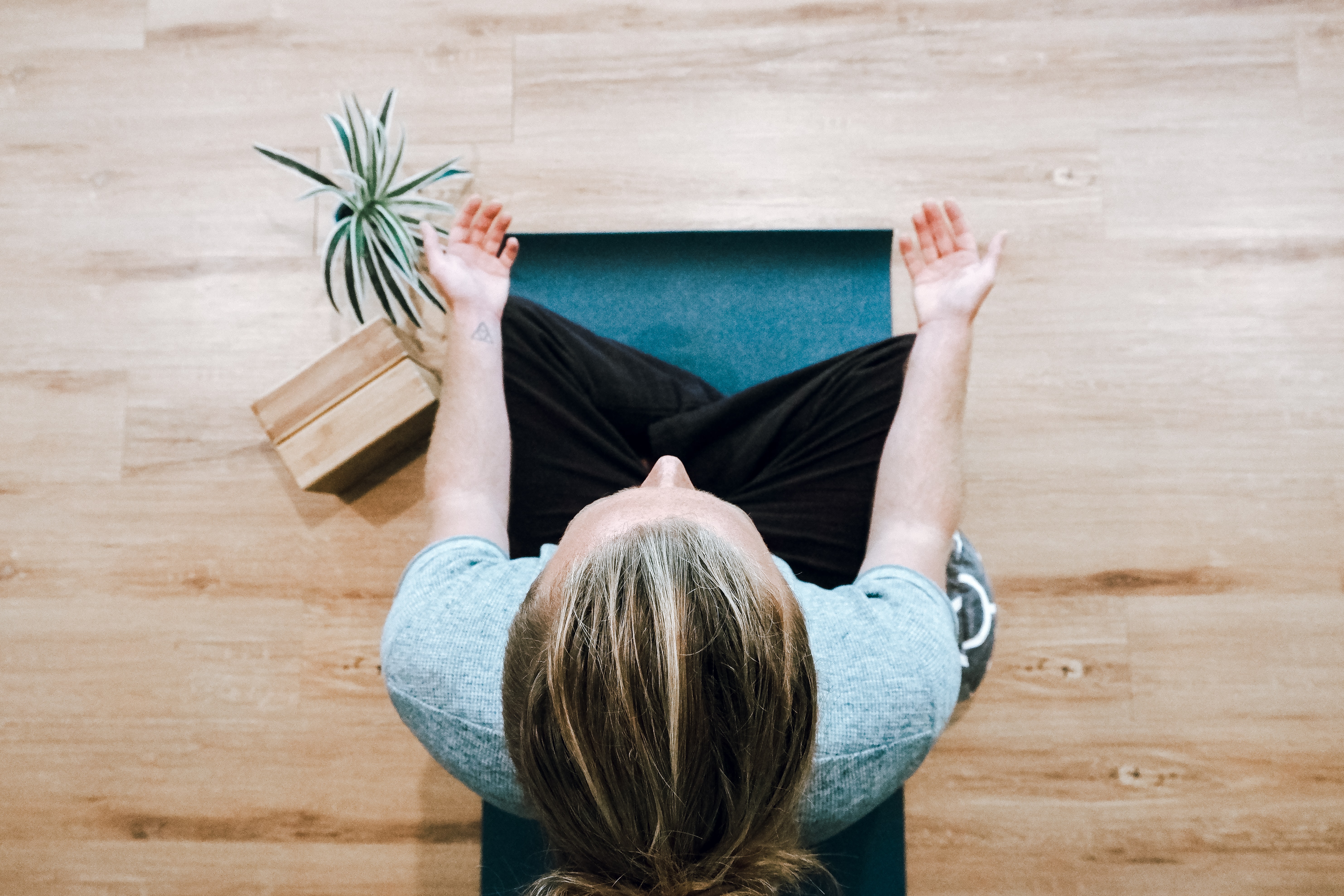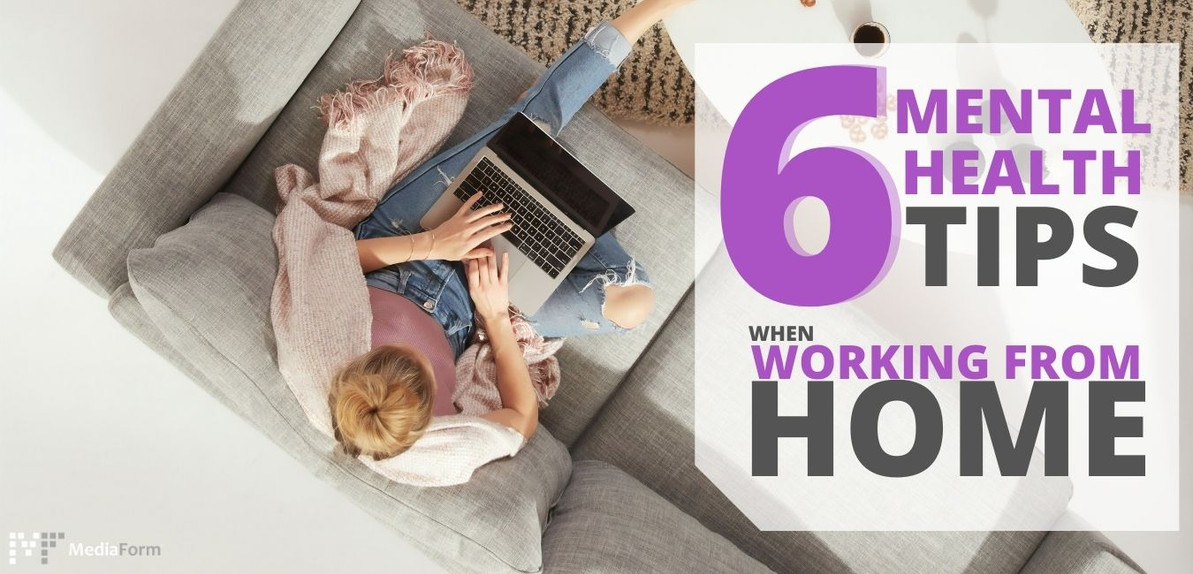6 Tips To Improve Your Mental Health While Working From Home
Looking After Your Mental Health While Working-From-Home Is A Must!
Working from home brings many benefits, from increased productivity to more flexibility. But it can also be an isolating and even lonely experience. These are unprecedented times and are a big shift to most people working from home for the first time.
Some common feelings you may be experiencing are:

It’s important that we look after our mental health as best as we can. Here are 6 tips you can implement to prevent ‘burn out’.
1. Maintain a routine.
Humans are creatures of habit, so a regular routine is extremely important. Just because were not physically commuting to a workplace everyday doesn’t mean we can’t structure our day as if we were. Get up, get dressed and arrive to your desk 5 to 10 minutes early to go through your emails and set your tasks for the day. If you usually go to the gym before work, make sure to do some physical activity in the morning.
Don’t forget to log off once the workday is over and focus on personal activities to still maintain that work-life balance as much as you can.
2. Create a comfortable working space.
Although you may not have a dedicated office or spare room, a workspace can be created anywhere even the dining room table. It just requires a thoughtful setup; this includes having your “desk” as clutter free as possible. Avoid working from your bedroom if possible, as this may make it harder to sleep at night as the room will be associated with alertness rather than tiredness.
3. Stay connected.
Communication is the number one solution to feeling less isolated. It’s important to be proactive in communicating with your team. Staying connected with others helps to reduce stress levels, feel less lonely and stay productive. It also ensures your team are collaborating and aware of what everyone is working on. It’s imperative to set up only a couple lines of communication as too many can be overwhelming.
4. Take a break.
Like any office environment it’s important to take the occasional break to allow your brain and body to relax. If you’re not in self-isolation, try to get outside at least once a day. Go for a walk, get some fresh air and soak up that vitamin D.

5. Ask for help.
If you’re beginning to feel overwhelmed, it’s important to ask for help. Be aware of your feelings, rather than supressing them. Talk to your co workers or reach out to your employee’s assistance program. You may be surprised that you’re not the only one feeling like this. Talking to co workers who relate is a great way to feel connected.
6. Try a digital detox in the evening.
Technology and social media make it easier to stay connected 24/7, but the downside is it can make it difficult to switch off sometimes. Try a digital detox to help you switch off from work, so you can spend quality time with your family or household members.
Prioritising your mental and physical health will ensure you stay productive and motivated during lockdown. It’s important to keep that work-life balance in place when working-from-home.
If you are struggling with feeling overwhelmed please contact Lifeline Australia on 13 11 14 for support. Or find out more information here.
Recent Posts
-
ACOUSTIC WORKPLACE SOLUTIONS
Need A Quiet Workspace We need to talk, listen and understand effectively to be able to …7th Apr 2025 -
Samsung Galaxy Enterprise Edition
Consolidated Knox Solutions Knox Suite ensures your fleet of Enterprise Edition devices are ready f …27th Mar 2025 -
Get world class authentication security with Yubico
AuThe industry’s #1 security key, enabling strong two-factor, multi-factor and passwordless a …21st Mar 2025



